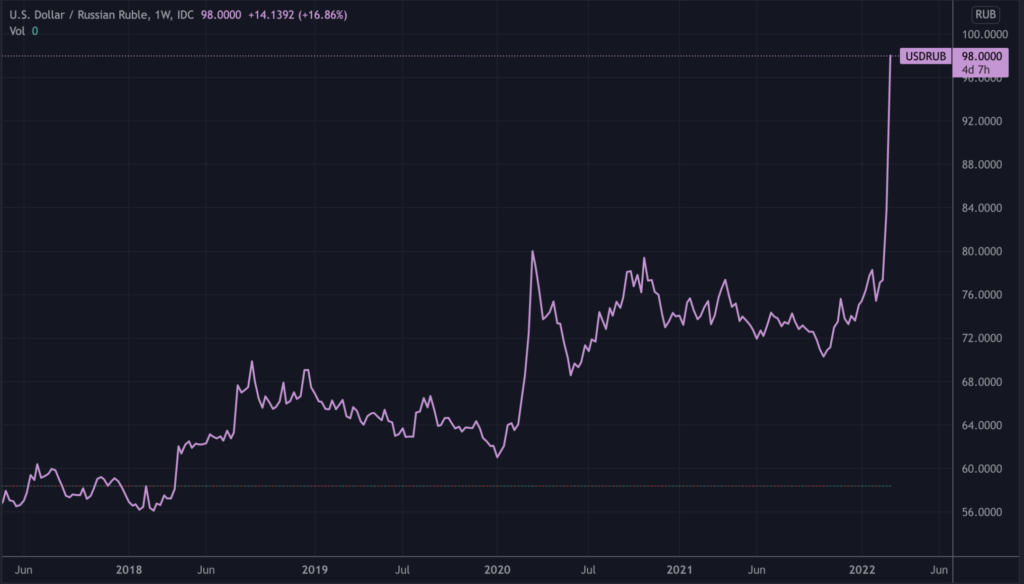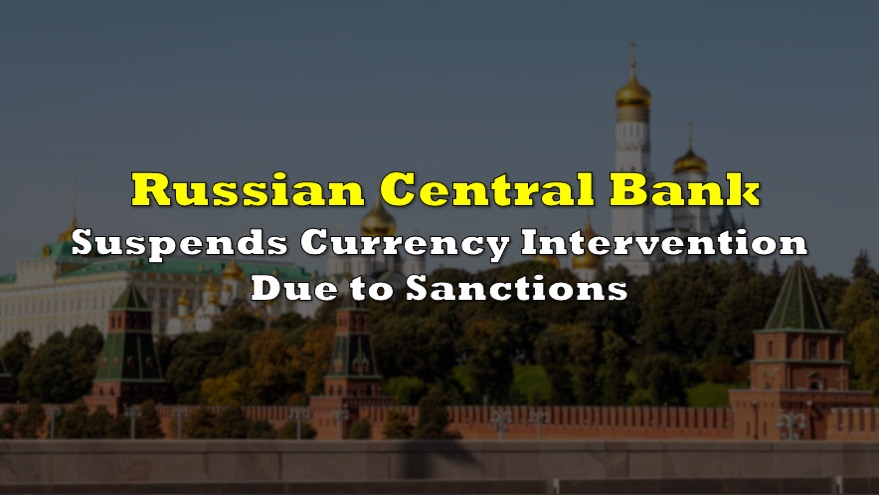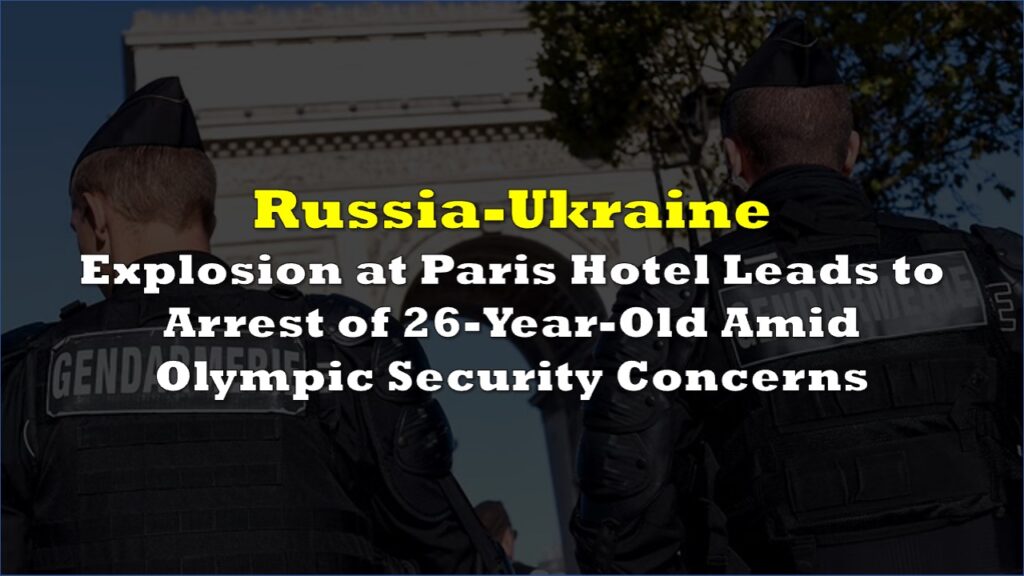Russia’s central bank decided to forego currency intervention meant to support the ruble, as the effects of tight sanctions imposed by the West and the EU weigh down on Russian financial markets.
The Central Bank of Russia announced on Monday it will suspend currency interventions to help the ruble, because the country’s assets have been effectively frozen by the US and the European Union. “Due to restrictions on the use of foreign exchange reserves in dollars and euros, we did not carry out any interventions today. The government has announced a decision to introduce the mandatory sale of 80% of export earnings,” said central bank head Elvira Nabiullina.
“This measure will ensure an even supply of foreign currency on the domestic forex market to meet the needs of importers and citizens. At the same time we are taking a number of steps to limit export of capital by non-residents,” she added. The US Treasury Department’s Office of Foreign Assets Control, which is responsible for enforcing sanctions, has restricted US citizens from conducting financial transactions with the Bank of Russia, the Sovereign Wealth Fund, and the Russian Finance Ministry.
“The Russia-related Sovereign Transactions Directive will disrupt Russia’s attempts to prop up its rapidly depreciating currency by restricting global supplies of the ruble and access to reserves that Russia may try to exchange to support the ruble,” read a statement from the Treasury Department posted on Monday. As a result, Russia’s Ministry of Finance instructed Russian businesses conducting trades abroad to liquidate 80% of their forex holdings and convert them to the ruble.
Since Friday, the ruble has fallen about 30%, to a low of 111.7 rubles per US dollar before paring back losses.

Information for this briefing was found via the sources mentioned. The author has no securities or affiliations related to this organization. Not a recommendation to buy or sell. Always do additional research and consult a professional before purchasing a security. The author holds no licenses.









